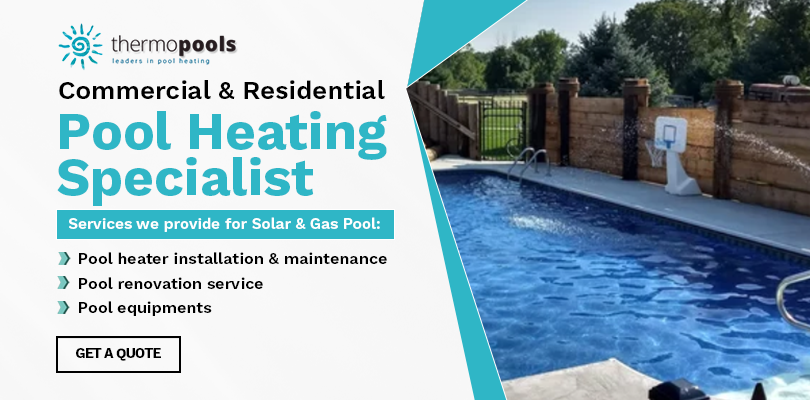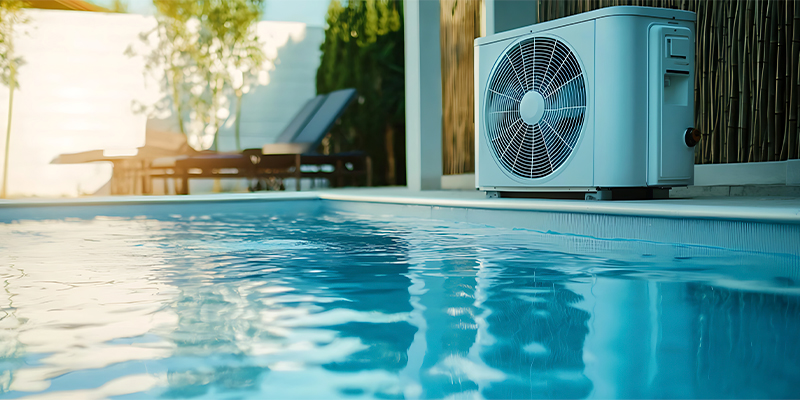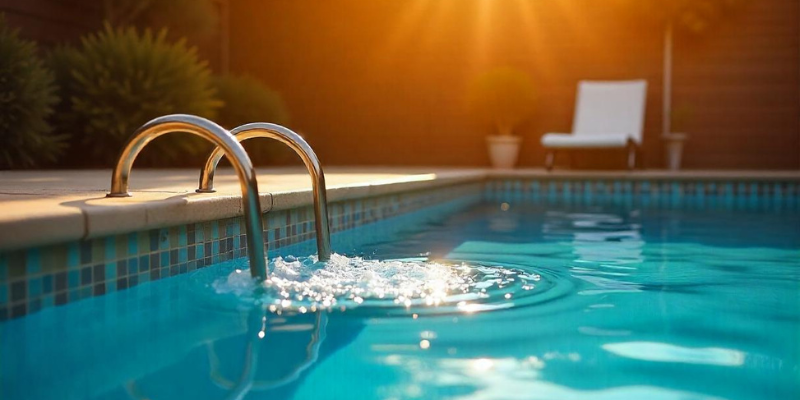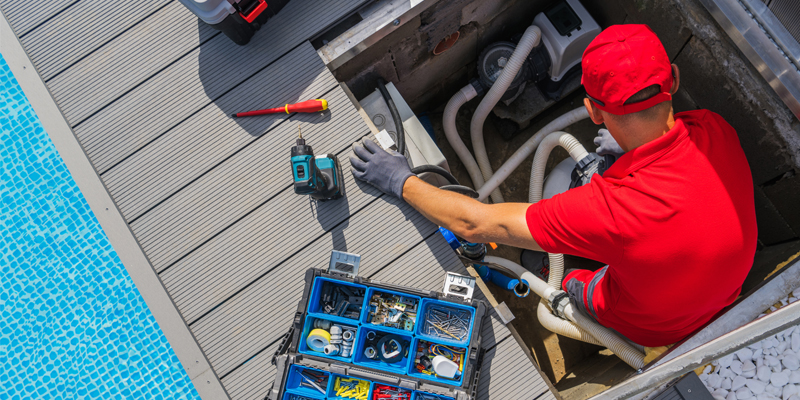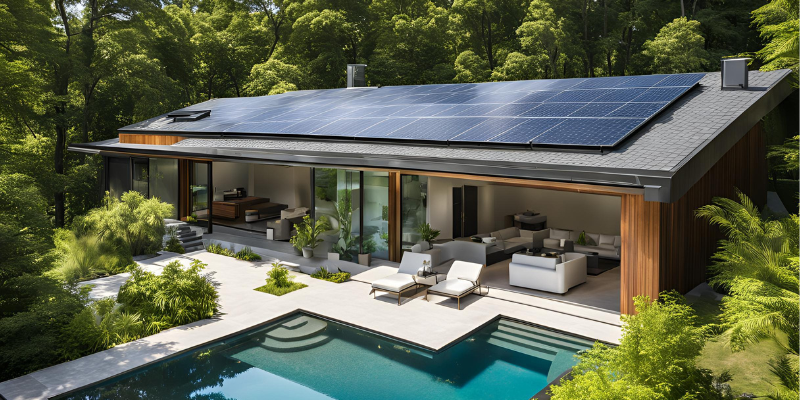
Pool heating takes precedence for most owners through the summer months. A warm and well-heated pool provides comfortable swimming for oneself, family members, and guests. The commonly available reputed heating option is solar pool heating, which is cost-effective, environmentally friendly, and popular. But is it the least expensive way to heat the pool? Let’s investigate this further and see why solar pool heating would be the best option for getting the most out of summer swimming.
Why You Need To Heat A Pool?
As you probably know, even outdoor pools can get quite cool at night in summer, and overcast days do nothing to help maintain temperatures. Without heating, the pool can look rather uninviting, which is where pool heaters come into their own. Just a quick dip after work or maybe a nice weekend pool party; outside temperatures don’t signify a bad swimming experience.
Solar pool heating is one of the unique choices because of its unusual combination of cost-effectiveness and ecological viability. By employing sunlight, solar heating systems feed the warm swimming pool with a consistent supply of renewable energy while being affordable and free of huge energy bills. With solar energy, heating pools is now possible at no additional cost.
The Basics Of Solar Pool Heating
Solar heating systems use the sun to heat swimming pool water. A typical installation comprises solar panels or collectors, a pump, and a filtration system. Water is pumped from the pool to the solar collectors, processed using solar thermal energy, and returned to the pool. Simple as it is, this process efficiently utilises renewable solar energy, and it is one of the most eco-friendly means of piping water heating.
However, installing a solar heating system could be more expensive than gas pool heaters and electric heat pumps. Long-term savings much more easily offset the initial investment. Since solar energy is free, the main cost of operation is running the pump with electricity.
Comparing Solar Heating with Other Options
Among different methods of heating pool water, solar heating is the cheapest and best, with environmental benefits. This is how it compares with gas heaters and electric heat pumps:
Gas Pool Heaters
Gas pool heaters consume propane or natural gas to warm up the basement pool quickly. They are effective and fast for anyone interested in heating a pool just a few times during cooler months.
Advantages:
- Fast heating makes it easy to use an infrequently used pool.
- Heats up faster than method.
Disadvantages:
- High running costs because of dependence on either propane or natural gas.
- Gas emissions are bad for the environment.
- Compared with solar systems, its lifespan is shorter.
Electric Pool Heat Pumps
Electric pool heat pumps consume electricity to soak up air heat and pass it into the pool water. They are energy-efficient and best suited to moderate climates.
Advantages:
- They are energy-efficient and good for maintaining even steady temperatures.
- It is less expensive in the long run as compared to other gas heaters.
Disadvantages:
- The reliability of electricity could increase the utility bill.
- Heating takes more time as compared to gas heaters.
- Transportation time might require regular servicing of the mechanical parts over time.
Long-Term Savings With Solar Pool Heating
One of the most popular arguments is savings. In fact, in favour of solar pool heating is its long-term savings. Although the installation cost isn’t cheap, the absence of current energy costs makes it financially justifiable. Depending on your location and pool use, a solar system may justify its expense in just a few years. Yet, these systems are designed to last 15 to 20 years—and sometimes more—with maintenance, thus providing several decades of uninterrupted service and little expense.
Environmental Benefits
Solar pool heating saves money and has additional environmental benefits. These systems use renewable energy, which relies less on fossil fuels and reduces greenhouse gas emissions. Thus, they are one of the best applications for pool owners who are concerned about their environment and ready to minimise their carbon footprint.
The solar method used in these systems makes them operate sustainably. While other atmosphere-polluting gas heaters or electrical heat pumps depend on electricity, which may be generated from non-renewable sources.
Is Solar Pool Heating Right For You?
While solar heating has many advantages, other factors, such as local climate, pool size, and specific heating requirements, affect its effectiveness. Solar heating is most effective in areas with abundant sunlight, as its efficiency drastically drops depending on how much solar energy it can absorb. For example, if your home is shaded and/or the roof is not oriented well, you might reduce the performance of a solar system.
Another consideration is that larger pools may require more extensive solar collector installations, which can increase the initial cost. Again, long-term savings typically exceed the initial investments in such a situation. For those wanting warm water or a quick heat-up, solar heating can be supplemented by an additional system like an electrical pool heat pump to ensure high performance under all conditions.
Conclusion
Solar pool heating makes heating your pool for the summer affordable, renewable, and dependable. While it may require a sizable initial investment for installation, it is one of the cheapest options because there are no recurrent energy costs and little maintenance required. This only adds to the cost-effectiveness of solar heating for the environment, making it a win-win scenario for your wallet and the planet.
Thermopools offers reliable pool heating services to upgrade your heating system. Yes, solar pool heating will bring that pool to the best of both worlds and make it an inviting place in summer. Call us today at (02) 88 50 40 30 for expert advice or a free quote.





